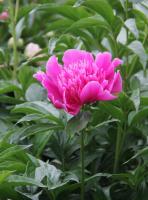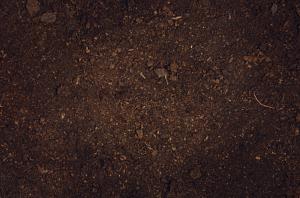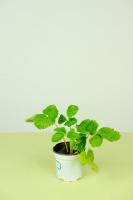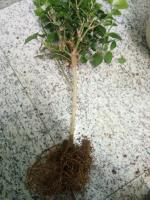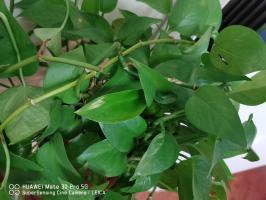Is Rain Water the Best for Plants?
When it comes to watering our plants, we often wonder what type of water is best for them. While tap water and well water are convenient options, many gardeners argue that rainwater is the best choice. In this article, we will explore whether or not rainwater is truly the best option for plants.
The Benefits of Rainwater
One of the biggest advantages of rainwater is that it is naturally free of contaminants and chemicals. Unlike tap water, which may contain chlorine, fluoride, and other additives, rainwater is pure and free of harmful substances. This makes it easier for plants to absorb the water and nutrients they need to grow and thrive.
Another benefit of rainwater is that it has a balanced pH level. The ideal pH range for most plants is between 6.0 and 7.0, and rainwater typically falls within this range. This means that rainwater won't cause plants to become too acidic or alkaline, which can negatively impact their growth and health.
Rainwater also contains small amounts of nitrogen, which is a crucial nutrient for plants. Nitrogen helps plants develop strong stems and leaves, and it is essential for photosynthesis. While the amount of nitrogen in rainwater is relatively small, it can still provide plants with some of the nutrients they need.
The Drawbacks of Rainwater
While rainwater is generally considered to be beneficial for plants, there are some drawbacks to using it as a primary water source. One of the biggest challenges is that rainwater is not always consistent in terms of quality or quantity. Depending on the climate and the time of year, rainwater may be too acidic or too alkaline, which can harm plants over time.
Another issue with rainwater is that it is not always available when plants need it the most. During periods of drought or extreme heat, plants may require more water than what is available through rainfall alone. This means that gardeners may need to supplement with additional watering methods to ensure that their plants remain healthy and hydrated.
Using Rainwater Effectively
Despite some of the challenges associated with using rainwater, there are ways to make the most of this natural resource. One of the most effective strategies is to collect and store rainwater for later use. This can be done using a rain barrel or similar device, which allows you to collect and store rainwater for use during dry periods.
When using collected rainwater, it is important to be mindful of the quality and temperature of the water. Rainwater that has been sitting in a barrel for an extended period of time may become stagnant or develop harmful bacteria, which can be harmful to plants. To avoid these issues, be sure to periodically clean and maintain your rainwater collection system.
The Verdict
So, is rainwater truly the best option for plants? While there are some challenges associated with using rainwater as a primary water source, the benefits typically outweigh the drawbacks. Rainwater is pure, free of harmful chemicals, and has a balanced pH level, which makes it easier for plants to absorb the nutrients they need. By collecting and using rainwater effectively, gardeners can help their plants thrive while conserving water and minimizing their impact on the environment.

 how many times do yo...
how many times do yo... how many planted tre...
how many planted tre... how many pine trees ...
how many pine trees ... how many pecan trees...
how many pecan trees... how many plants comp...
how many plants comp... how many plants can ...
how many plants can ... how many plants and ...
how many plants and ... how many pepper plan...
how many pepper plan...
